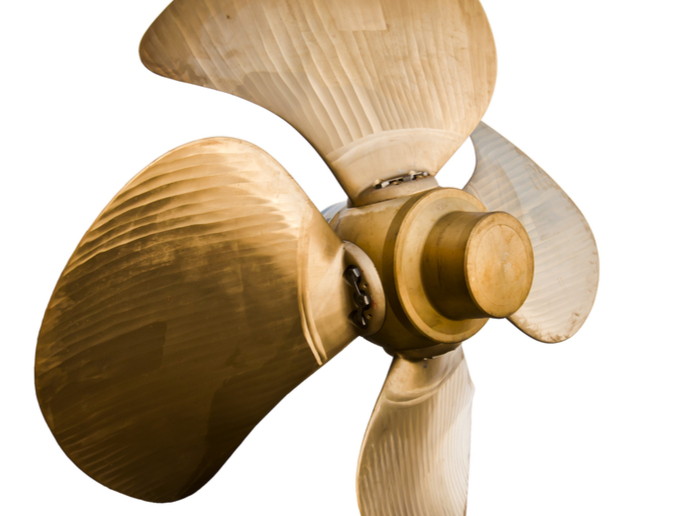A new tide in shipbuilding? Innovative device will help reduce CO2 emissions
In the global fight against climate change, the reduction of greenhouse gas emissions from international shipping plays a crucial role. There are already several offerings of hybrid and electric vessels in Europe, while efforts to make new and existing ships more efficient have also intensified. Enter the EU-funded LeanShips project, aimed at demonstrating the effectiveness and reliability of energy-saving and emission-reduction technologies at full scale. Project partners have recently tested an energy-saving device (ESD) that is suitable for use by ships with controllable pitch propellers (CPPs). Called pre-swirl Stator, the new technology has helped achieve 3.5 % fuel savings for ships with CPPs during sea trials, according to a news item posted on ‘Hellenic Shipping News’. Tests were conducted with the ship Grande Portogallo, a 165 m-long pure car and truck carrier owned by Italian shipping firm Grimaldi, as noted in the same news release. Quoted in the news item, Dario Bocchetti, corporate energy saving manager at project partner Grimaldi Group, says: “This represents a major breakthrough in making ships with controllable pitch propellers more efficient, and therefore less polluting. We have earlier established some energy savings for ships with controllable pitch propellers, and now this new technology has been extended in line with the objectives of the LeanShips project.” Reduction in pollutants The 4-year LeanShips (Low Energy And Near to zero emissions Ships) project ended in April 2019. It has carried out several demonstration actions that combine technologies for efficient and less polluting new or retrofitted vessels with end-user requirements. The project’s target was to achieve CO2 reduction of at least 25 %, estimated fuel savings of up to 25 %, and expected decrease of sulfur oxides, nitrogen oxides and particle matter air pollutants by up to 100 %. The markets covered by the LeanShips project include the small to mid-sized vessels for cargo and maritime operations, and leisure and cruise ships. Expanding the ESD application GRIP (Green Retrofitting through Improved Propulsion), an earlier project that ended in 2015, successfully designed and optimised ESDs for ships fitted with a fixed pitch propeller. The GRIP project was set up to improve general understanding of the working mechanisms of ESDs. Its aim was to reduce the fuel consumption of ships with ESDs on average by 5 %, with reductions for individual ships up to 10 %. This in turn resulted in reduced exhaust gas emissions. For the demonstrator bulk carrier vessel, fuel savings of 6.8 % over the speed range were achieved. The GRIP project has addressed the urgent need for providing retrofitting ESD solutions for existing ships. The LeanShips project was the natural next step in increasing the total impact of ESDs on shipping energy consumption. For more information, please see: LeanShips project website
Countries
Netherlands



